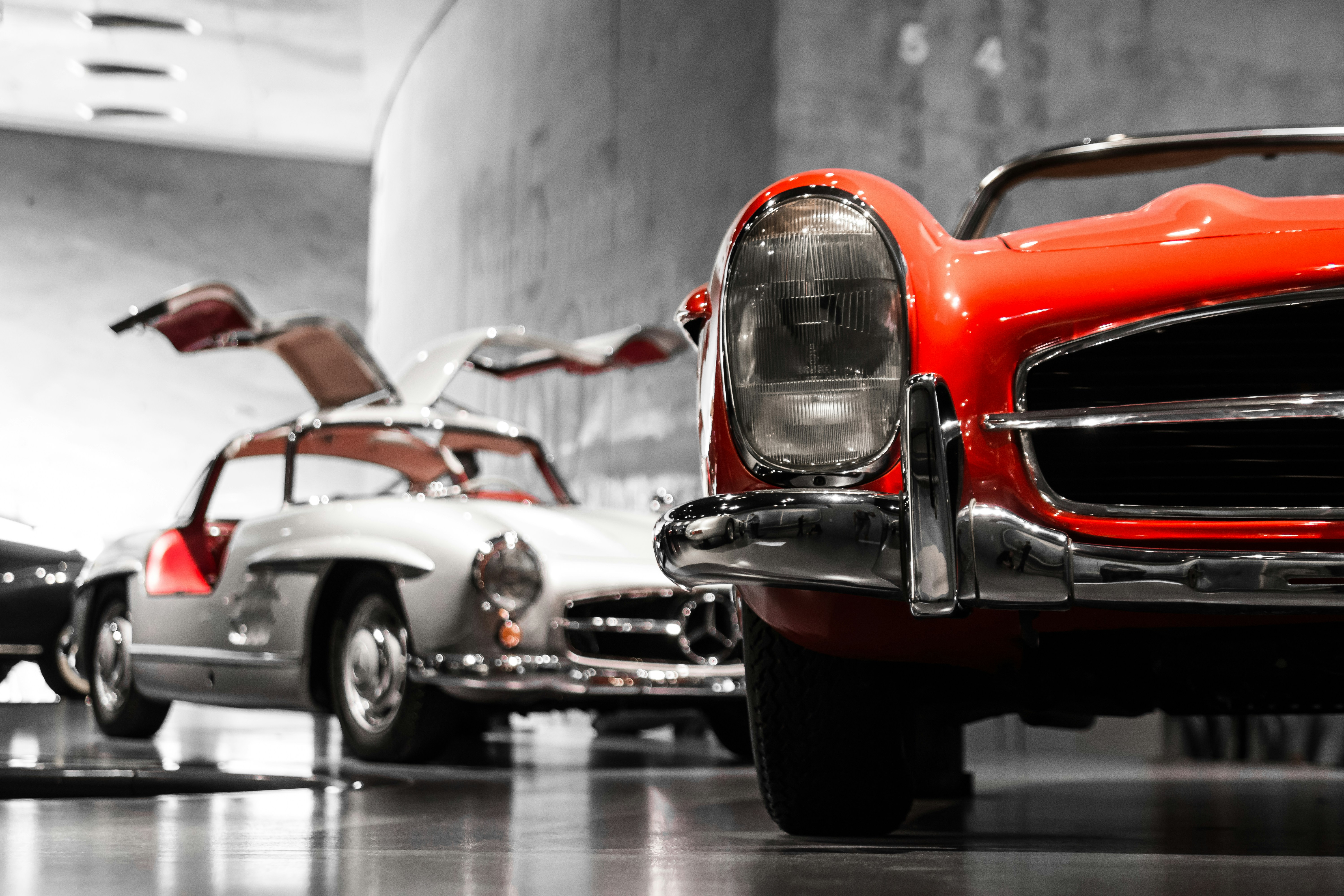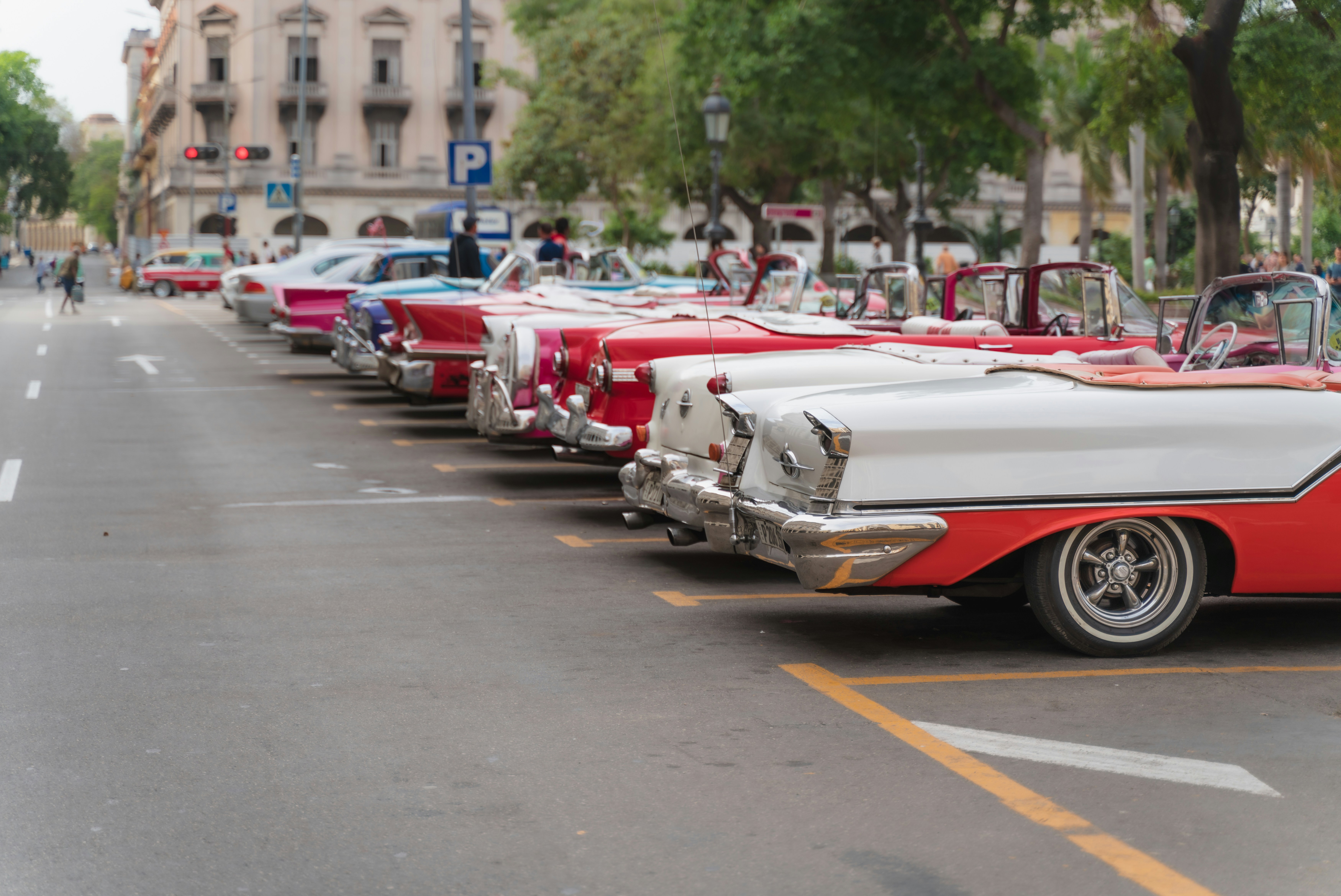Purchasing a classic car can be an exciting investment for someone who collects aesthetic vehicles with limited availability. Some people may have an interest in owning this kind of car for the opportunity to have a prestigious part of automobile history and restore a vintage automobile to mint condition.
Regardless of why a person may want a classic ride instead of a motorcycle, RV, or another vehicle, there is important information to know before making such a purchase.

Choose the classic ride of your dreams.
Once you’re confident in your decision to find a classic car, know the particular model you want. Determine the style of classic car you most prefer, but broaden your options if you can.
A word of advice is to avoid choosing scarce cars. With rare vintage cars, it can be challenging to find affordable parts if upgrades, repairs, or replacements are necessary.
Learn how to distinguish a classic ride from an old ride.
A trusted automobile source in the United States—The Classic Car Club of America (CCCA)—defines a classic as a top-end car that was once high-priced and manufactured in limited quantities. The prices of classic cars can vary depending on factors such as their year, model, manufacturer, and more.
In some cases, buyers may put more money into maintaining their car than they paid for it. You could end up using a lot of your time handling maintenance instead of getting on the road and enjoying driving your car. In such a case, you likely purchased a so-called classic vehicle that’s just an old car.
To avoid the mishap of buying a car that will plummet in value the second you purchase it and drive it home, find out if the one you want is a classic and not just an outdated car that will cost you a lot of money to maintain.
Be aware of your mechanical limits.
Considering the upkeep a classic ride may require, your mechanical abilities and knowledge are crucial to consider. Being capable of carrying out maintenance and simple repairs yourself is handy. Still, knowing your limitations and getting a professional mechanic to take care of monumental classic vehicle needs is a good idea.
Know the insurance options available to vehicle owners.
Insurance coverage for a classic car is usually more expensive than that for a new car, but the premiums may vary based on the brand and model. A good idea for buyers is searching for an insurance company that provides car insurance for old and vintage vehicles.
An insurance policy is crucial to have in case you and another motorist have a car accident. Involvement in a car wreck or hit-and-run accident can cause property damage and injuries that result in expensive medical bills.

Should your losses exceed the negligent driver’s policy limits, you could acquire additional compensation through your insurance company under the underinsured motorist (UM) and uninsured motorist coverage (UIM). UIM coverage and UIM policies intend to fill gaps in at-fault drivers’ policy limits and accident victims’ actual damages. It’s the state law in Colorado for auto insurers to offer uninsured motorist coverage with every auto insurance policy. To obtain fair compensation through uninsured motorist coverage, contact a highly qualified uninsured motorist lawyer to fight on your behalf.
Get an Idea of Storage Costs
Like insurance, a garage or car storage can protect your vehicle. By keeping your classic car in a storage facility instead of the driveway or an outdoor parking space, you’re shielding it from storms, moisture from precipitation, sunlight and sun damage, and debris. Determine the car storage prices for keeping your type of vehicle stored short term or for an extended period. By doing so, you can protect your classic purchase.